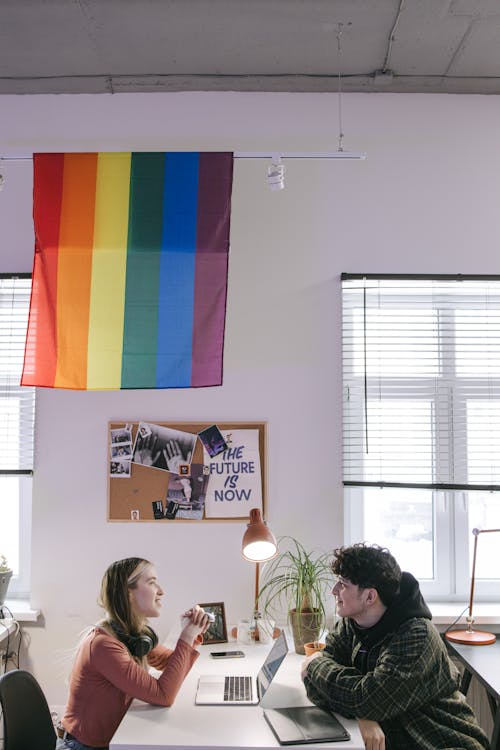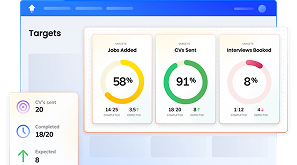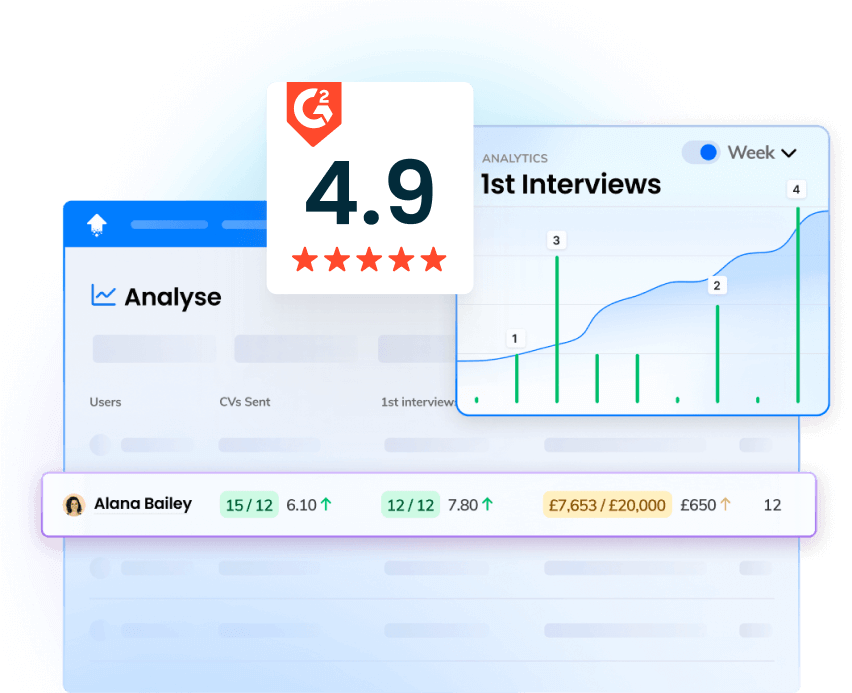
As we reach the end of Pride Month 2021, we take a look at why Pride is still as important as ever.
Impact on business
In 2003 it became illegal in the UK for an employer to discriminate based on sexual orientation, yet in 2019 it was reported that 32% of LGBT employees still choose to hide their sexuality from their employers.
The landscape for inclusion in the UK is getting better but it still has a long way to go. Employers have a responsibility to build a more inclusive work culture where employees can be comfortable with who they are.
This isn’t just in the interest of employees - it’s good for business too.
In 2019, Oxford University conducted research within BT contact centres over six months and found that happy employees were 13% more productive than their colleagues. ‘We found that when workers are happier, they work faster by making more calls per hour worked, and importantly, convert more calls to sales,’ said Professor De Neve.
On top of this, Gartner found that a diverse workforce was 20% more likely to stay in their job for the long term.

So what can employers learn from this?
Building an "always-on" inclusive culture in your business, (and not just limiting your activity to Pride Month), leads to a happier, more motivated, and more productive team that is likely to stick with you for the long term.
Needless to say, this is far more likely to secure lower staff turnover, greater staff performance, and a more successful business that exceeds its financial targets.
A strong, inclusive internal culture also builds a strong and attractive employer brand that makes future hiring easier.
If you’d like to learn more about how to build an inclusive culture in your business, Forbes has a great guide here.
Our experiences
It's worth noting however that we shouldn’t be recognising and celebrating Pride just for the clear benefits to business - there’s a human cost to intolerance.
Some of our team explain why Pride is important to them:
Tom, Implementation & Support Specialist:
“I was quite sheltered as a child and didn't have much awareness of the LGBTQIA+ community when I was growing up. The only times I'd really seen or heard about queer culture was the name-calling at school, so it was mostly a bad connotation I held onto.
I didn't know any queer people growing up either. This led me to be quite scared of what my friends would think of me, and without any sort of role model to look up to, I felt quite lost in terms of my identity, so I chose to hide it and close myself off.
Consequently, I was quite late to come out as gay to my peers – my last year of university, in fact. I eventually couldn't take the hiding, so I chose to tell my closest friends at the time, and worry about any fallout afterwards. If my friends couldn't accept me for me, then they weren't my friends to begin with.
Thankfully, I was so lucky to have friends that accepted me and didn't care about the label I had. But some aren't so fortunate - even today, and Pride is a reminder of that.
Pride, to me, is the fact that everybody on this planet is just a human being. We're all the same, and we're all so different at the same time.
We should be embracing that, and allowing anyone – no matter their background – to be themselves. Until we can get everyone into this line of thinking, Pride Month stands as a constant reminder for the whole world.“
Callum, Marketing Manager:
“When I first started working I didn’t mention my boyfriend in the office at all, worried about being treated differently. I was terrified of the “So, do you have a girlfriend?” question.
While I eventually got over that and stopped caring so much, I would still be scared to mention my boyfriend in job interviews because I believed that would hurt my chances of getting the job. This is a big part of the reason I believe Pride Month is important for businesses as it tells people like me that it’s OK to be yourself without fear of judgement.“
Derry, CEO:
“I'm blessed to live the split life I do – working on OneUp Sales by day, and commentating on competitive video games by night – but one thing that carries across both is the presence of LGBTQ+ people & the issues they face daily.
One of my coworkers (and friends) in esports is trans. The hate and bombardment she received every time she came on camera at the recent world championships was abhorrent and unacceptable. On Twitter seemingly daily, someone has something negative to say about her.
Multiple people I'm close to in the business realm identify as LGBTQ+, as do family members. Stories of assault, flippant comments, and dismissive attitudes aren't uncommon.
We've come a long way as a society since the Stonewall Riots of 1969, but there's always more to do.”
Conclusion
There is no doubt that as we move further into the 2020s, pride, inclusion and diversity will still remain relevant topics in the modern workplace.
If your staff can feel comfortable enough at work to be who they are, they can spend more time and energy on performing their role at their best and less time on being anxious and self-conscious, delivering greater outcomes for your company as a result.
More importantly however, they will recognise and appreciate you as an employer for giving them a safe space to just be the humans that they are, and be more likely to reward you with their loyalty for it.
OneUp Sales - building high performance sales teams by increasing productivity, retaining talent, and empowering management across your organisation.
Are you looking for a new role in a diverse and inclusive company? Get in touch to join our team, we'd love to learn more about you!






















